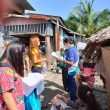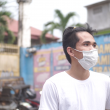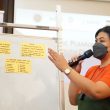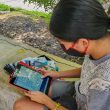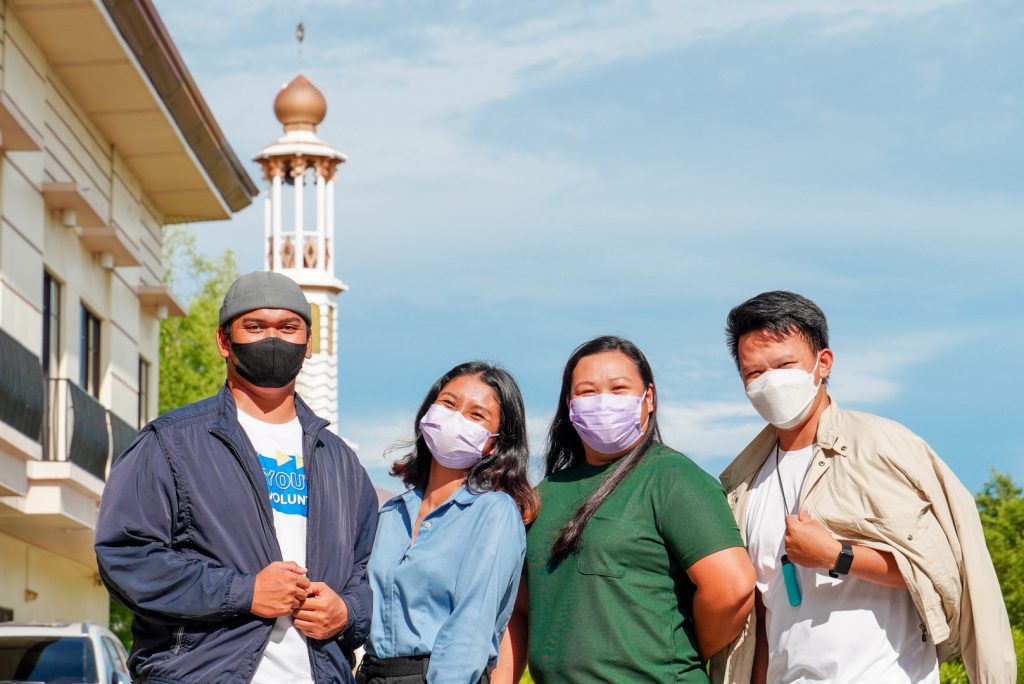
It was a hot day in Davao City in 2019. Eighteen year old Wennelyn Bendol was on her first year of college in a city away from family poring over readings for her pharmaceuticals class.
As the eldest of two siblings and daughter of a farmer and an overseas Filipino worker, Weng felt the pressure to do well in school. “All I knew was academics,” Weng recalls being a consistent honor student since high school.
But all this would change after she gets the news that her mother who was a domestic worker abroad was being abused by her employer. “I was shocked, hurt, and broken,” Weng recalls. Her whole family quickly had to put all their resources into getting her mom back to the Philippines. She had to drop out of school. “I’ve never felt so low in my life.”
Fortunately, her mother was able to come back home. She later joined the rest of her family back in Cotabato City. “I was so embarrassed to see my peers. They’ve gone on with their lives meanwhile I was stuck at home.” Then, COVID-19 forced communities to be on quarantine. For Weng’s family, who got by with selling rice products, this has made their lives even harder.
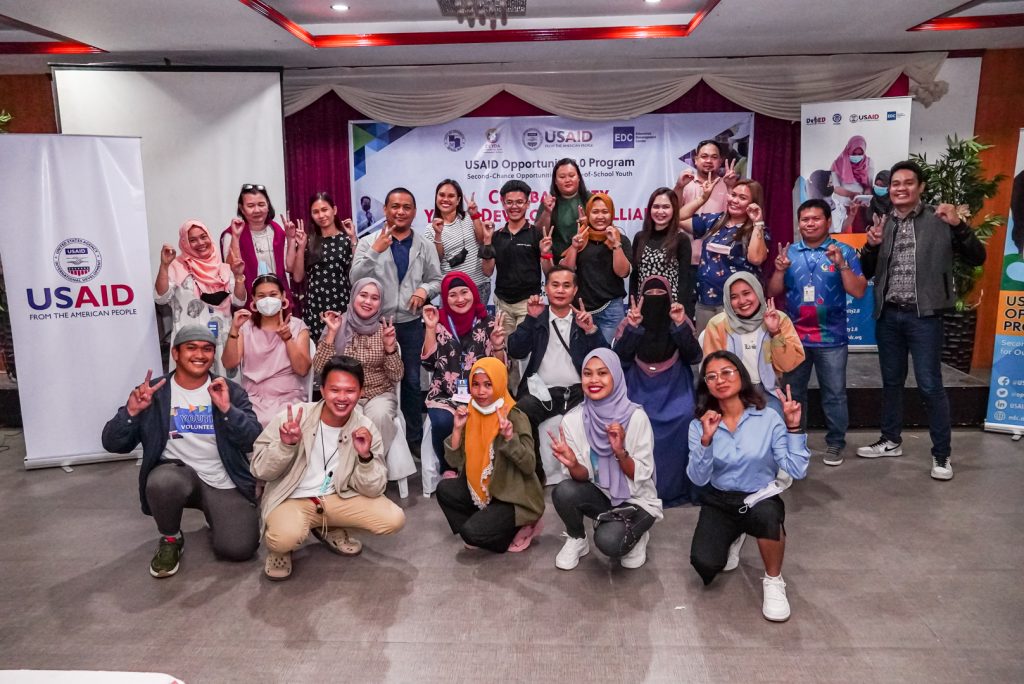
USAID launched a program to restore the youth’s access to opportunities in education amid the pandemic. Weng signed up to take a technical-vocational course on housekeeping as well as to train on work and business readiness.
As part of the program, youth were also guided on pursuing higher-level education—a dream Weng always had since having been forced to drop out of school a year before. USAID developed a guide that informs out-of-school youth about career pathways, local college requirements, different admission processes, even available scholarships in the city.
Through its Opportunity 2.0 program, USAID also established Youth Development Alliances in its partner cities including Cotabato City. These Alliances, composed of local leaders from key public and private offices, are able to harmonize their plans and programs, share resources, and focus on serving marginalized youth like Weng.
As a result, the City Government has been able to set aside a number of scholarships specifically for the out-of-school youth.
Today, a year since upskilling through USAID’s support, Weng has been able to go back to college. She’s now studying agriculture at the Cotabato State University. Using the skills she learned from training with USAID, she started doing her own business selling cakes. To make sure she completes her undergraduate this time, the Alliance has worked to provide Weng a college scholarship.
About this story
Through its Opportunity 2.0 project implemented by Education Development Center, USAID has been able to support local training institutions cater to thousands of out-of-school youth through grants, capacity building, and curriculum enhancement.
As youth gain easier access to opportunities for further education or training that lead them to better jobs and business start-ups. This program contributes to the U.S. Government’s initiative to promote accessible quality education and training for all as well as to expand inclusive and market-driven growth.



